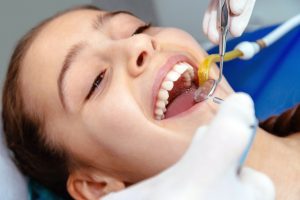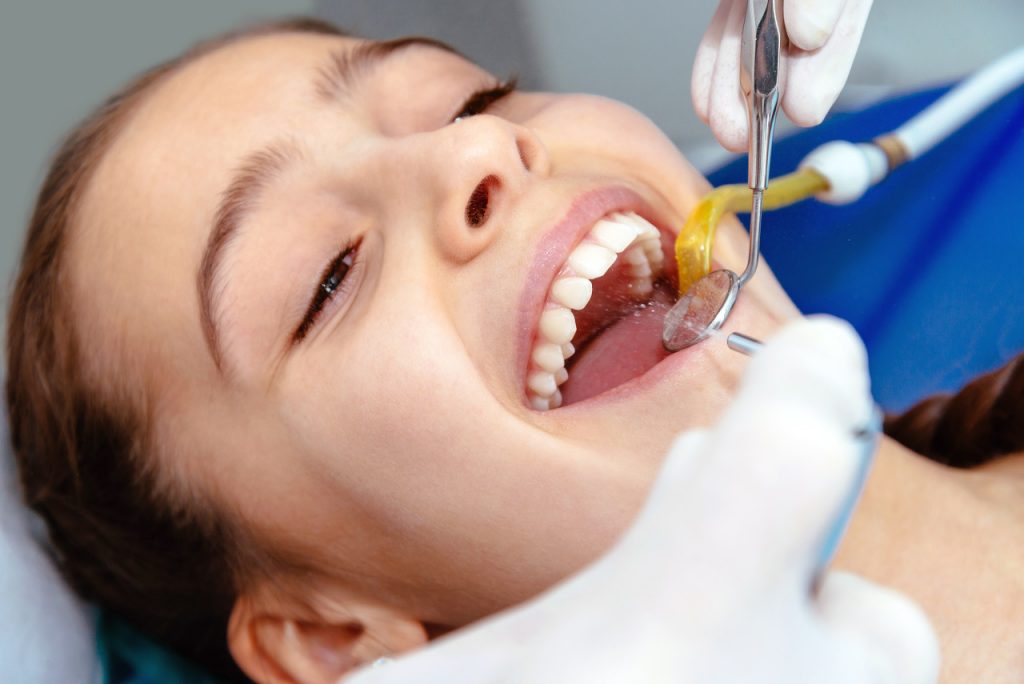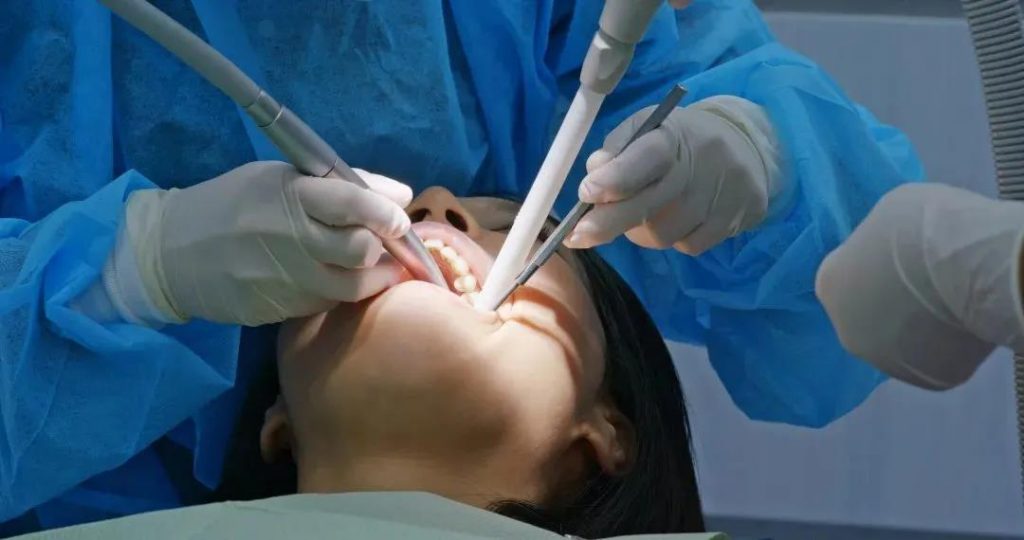
Regular tooth washing can deeply clean teeth, which is conducive to the prevention or timely detection of some periodontal diseases and avoid suffering in the future. Therefore, it is equivalent to spending a small amount of money to save a lot of money.
However, the experience of tooth washing is too “sour” for some friends. They even worry that tooth washing will thin their teeth and be bad for their teeth
In this issue, we will talk about this topic.
Will tooth washing thin the teeth?
Of course not. Regular tooth washing won’t damage your teeth.
Some people think that tooth washing is to grind away the dental calculus by grinding with instruments, which will grind to the surface of the teeth and cause harm to the teeth. This statement is incorrect.
There are two ways of regular tooth washing, which will not cause wear on the tooth surface:
One is ultrasonic tooth cleaning, which breaks and vibrates the dental calculus attached to the tooth surface through ultrasonic vibration;
The other is manual cleaning, which cures the dental calculus on the tooth surface by hand with scraping instruments.

In addition, the polishing link after tooth washing will not wear the teeth.
After washing the teeth, there will be some small scratches on the surface of the teeth that cannot be seen by the naked eye. The existence of these scratches makes the surface of the teeth coarser and easier to attach some dirty things. Therefore, polishing is required after washing the teeth.

Polishing is to use a very soft polishing wheel dipped in polishing paste to rotate at a low speed on the tooth surface, so that the tooth surface is smooth and free of scratches, so that plaque and dental calculus are not easy to accumulate on the tooth surface. The particle size of the polishing wheel is very fine, and the wear to the teeth can be ignored.
If there is discomfort after tooth washing, it is generally because the covered oral problems are exposed.
Comments